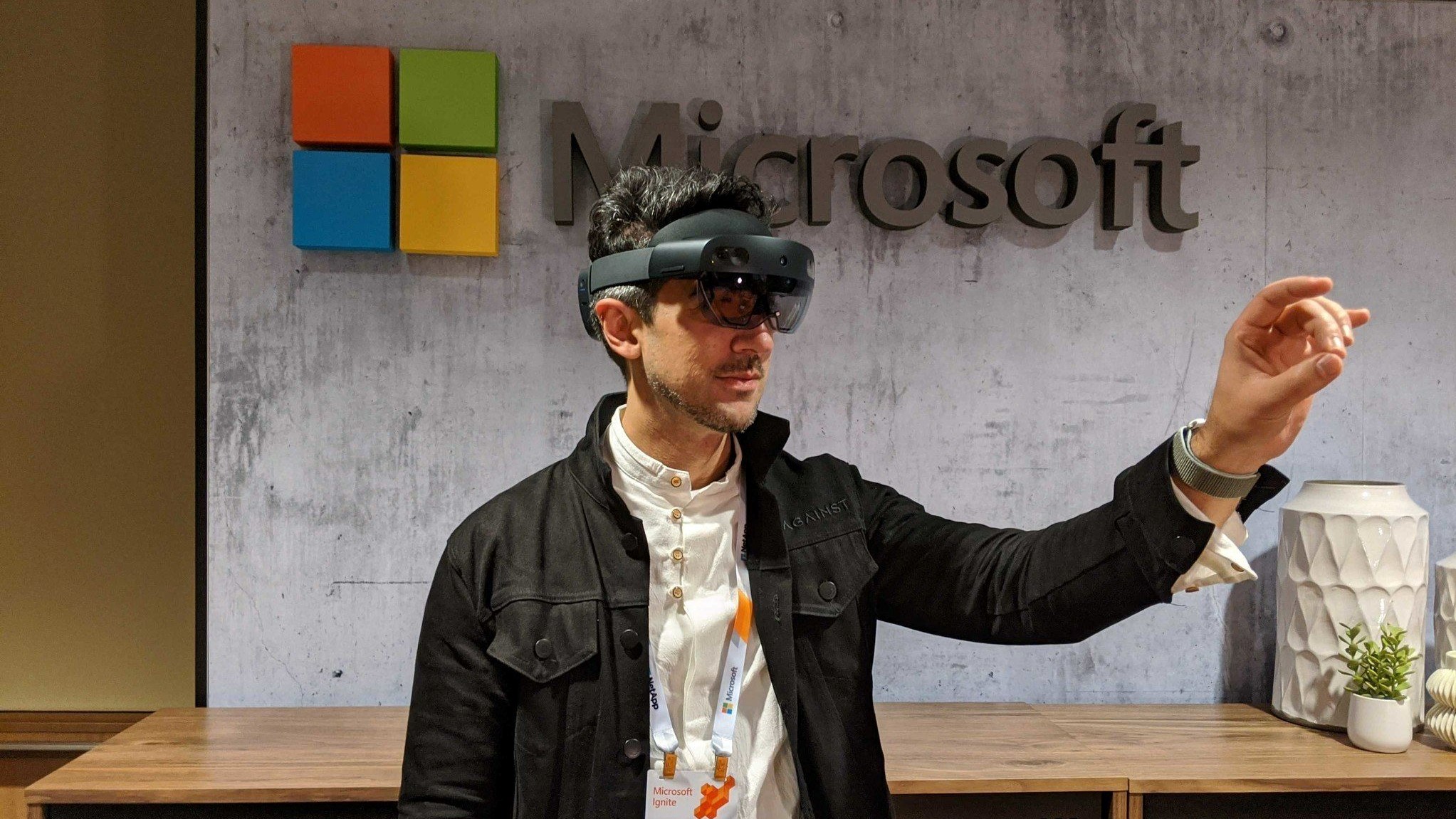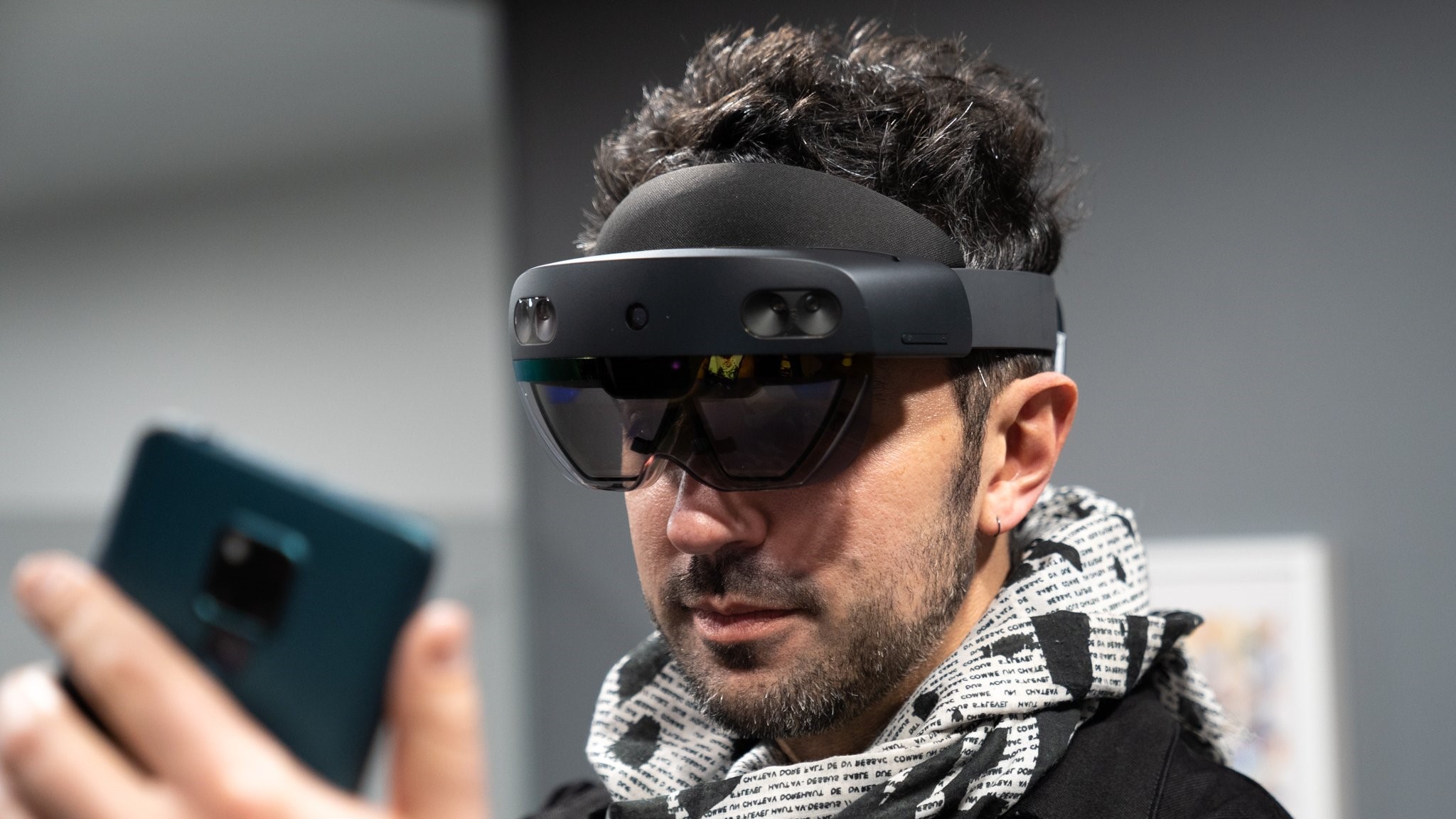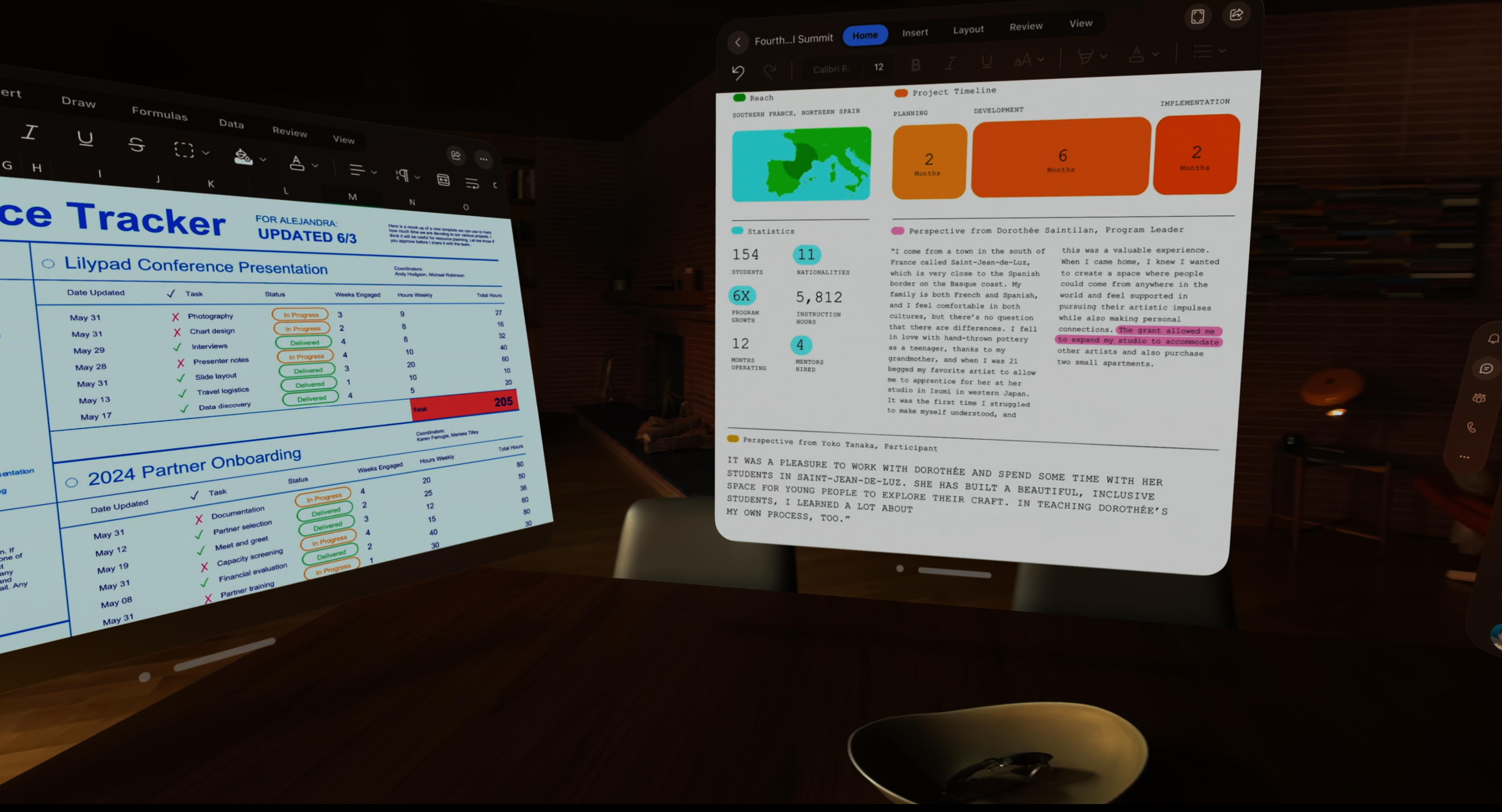It's over. Microsoft discontinues HoloLens 2, ending its foray into VR.
Microsoft will stop shipping any updates to HoloLens 2 by the end of 2027.

All the latest news, reviews, and guides for Windows and Xbox diehards.
You are now subscribed
Your newsletter sign-up was successful
What you need to know
- Microsoft halted production of HoloLens 2 headsets recently.
- HoloLens 2 headsets will continue to receive critical security updates and software regressions until the end of 2027.
- Microsoft's Mixed Reality division has struggled mightily over recent years, including the departure of former HoloLens lead Alex Kipman.
- Support for the original HoloLens will end on December 10, 2024.
Microsoft ended the production of HoloLens 2 headsets recently. The augmented reality headset will continue to receive "updates to address critical security issues and software regressions," until December 31, 2027. The start of 2028 will mark the official end of software support for HoloLens 2. Support for the original HoloLens 2 will end much sooner, specifically December 10, 2024. But it's worth noting that production of the original HoloLens ended in 2018.
The information comes courtesy of UploadVR, which received confirmation from Microsoft regarding the end of HoloLens 2 production.
When launched in 2019, HoloLens 2 showed promise and drew excitement within the virtual and augmented reality space. The device was much better than the original HoloLens and it did not have many direct competitors at the time. The VR space has changed quite a bit since then, and Microsoft hasn't shown much progress. The HoloLens division was reportedly called a "s--t show" by one Microsoft employee.
Microsoft reportedly canceled HoloLens 3, though there was some back-and-forth on if that was the case. Microsoft's $22 billion Visual Augmentation System (IVAS) for the US military has had several issues during testing. On that note, Microsoft told UploadVR that it is "fully committed" to IVAS, even after today's news.
Microsoft ultimately killed the Windows VR platform and announced the deprecation of Windows Mixed Reality in December 2023.
The (predictable) end of an era
Microsoft pioneered several concepts in the virtual and augmented reality space, but the company ultimately struggled to grow within the market. HoloLens had uses in industrial spaces and in corporate environments, but Windows Mixed Reality as a whole failed to capture everyday consumers.
Microsoft laid off teams behind virtual reality, mixed reality, and HoloLens in January 2023. The teams behind AltSpaceVR and the Mixed Reality Tool Kit were part of those layoffs.
All the latest news, reviews, and guides for Windows and Xbox diehards.
Reports dating back to February 2022 claimed that Microsoft was lost when it came to HoloLens, calling HoloLens 3 a "s--t show."
In addition to technical and monetization challenges, Microsoft faced issues surrounding the leadership of HoloLens. A report from Insider (formerly Business Insider), accused Kipman of "verbal abuse and sexual harassment." Among the claims was an accusation of Kipman viewing pornography on a VR headset that was mirrored to a nearby monitor that could be seen by other people in the room. Kipman was also accused of fostering "culture that diminishes women’s contributions."
Official word on HoloLens is rare from Microsoft, and the company seems to change its plans about mixed reality regularly. Leadership changes and restructuring within the company have also likely contributed to the wandering path of HoloLens development.
The future of VR at Microsoft
While Microsoft has ended production of HoloLens 2 and killed of the Windows VR platform, the company still has plans for virtual reality. Microsoft has partnered with Meta and Apple to get Microsoft software onto Meta Quest and Apple Vision Pro, respectively.
Our Senior Editor Zac Bowden reported that future Microsoft-made mixed reality headsets will likely be powered by Android, not Windows. While the devices would not run Windows natively, Microsoft is reportedly working on a solution that will let mixed reality devices run full Windows desktop apps through the cloud.
With Microsoft's track record surrounding virtual and mixed reality, even those plans may be canceled before a product is released to the public. We could see mixed reality headsets made by Microsoft as soon as 2025 or 2026, but we'll have to wait to see which plans Microsoft sticks with.

Sean Endicott is a news writer and apps editor for Windows Central with 11+ years of experience. A Nottingham Trent journalism graduate, Sean has covered the industry’s arc from the Lumia era to the launch of Windows 11 and generative AI. Having started at Thrifter, he uses his expertise in price tracking to help readers find genuine hardware value.
Beyond tech news, Sean is a UK sports media pioneer. In 2017, he became one of the first to stream via smartphone and is an expert in AP Capture systems. A tech-forward coach, he was named 2024 BAFA Youth Coach of the Year. He is focused on using technology—from AI to Clipchamp—to gain a practical edge.


